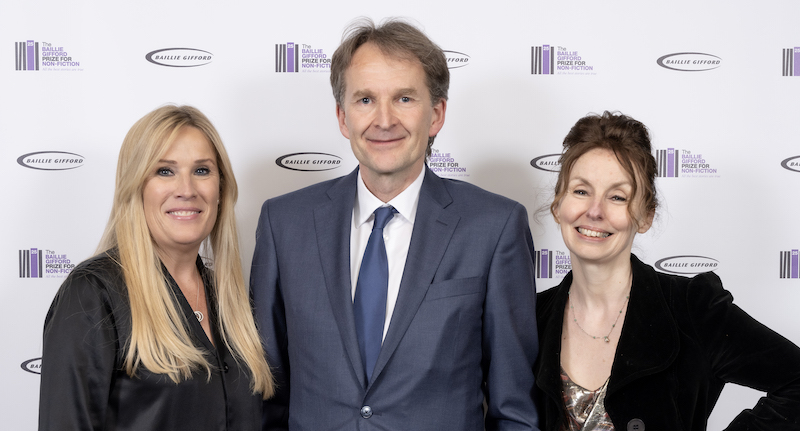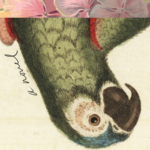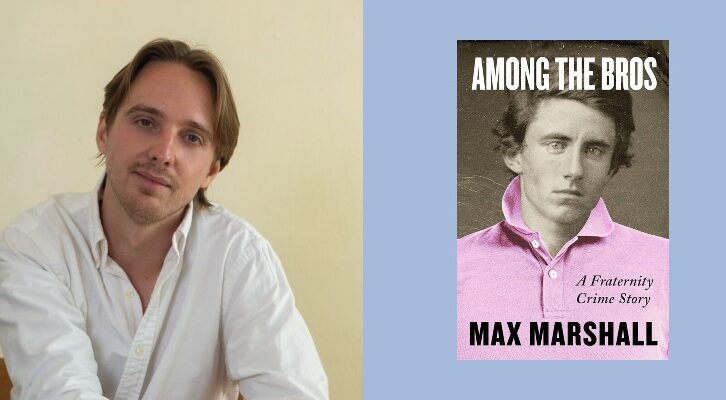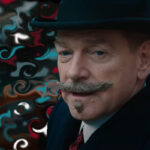From “Let It Be” to “To Be or Not to Be.” On the Baillie Gifford Prize Winner of Winners shortlist
On the Read Smart Podcast, These Year’s Judges Discuss the Shortlist
On this episode of the Baillie Gifford Prize podcast, Read Smart, host Razia Iqbal talks to judges Jason Cowley and Sarah Churchwell about which books they chose, and what the process has been like so far.
On picking a Winner of Winners
Sarah Churchwell: These books are all, by definition, excellent. I mean, they all went through a really rigorous process. And so what makes it really pleasurable is that is that, you know, there just aren’t any duds, right?
You’re not reading any books where you think, oh, why did that one get put forward? They’re all excellent. And that, of course, is the challenge then, is that you’ve got 24 books that are all excellent on their merits and trying to, in a fair and consistent way, sift through different kinds of excellence.
*
On One Two Three Four by Craig Brown
Jason Cowley: What I like so much about it is it’s an experiment in form. He subverts the form of the biography in strange and innovative and witty ways. He tells the story of the Beatles through vignettes, little news snippets, strange mini biographies. He explores the social class. He explores the politics of the 1960s. So it’s as much a book about the social atmosphere of England at that time as it is a book about those four guys who became the Beatles.
*
On Empire of Pain by Patrick Radden Keefe
Sarah Churchwell: It’s telling you all kinds of things you didn’t know. There’s a really, really interesting dynastic family biography at the heart of it.
It’s a story about what wealth does to people. I went into it not liking the Sacklers and I came out of it loathing them to a degree that I think is a really important part of what the book wants to do. It’s a moral exploration of the uses and misuses of power.
*
On Nothing to Envy by Barbara Demick
Jason Cowley: What Demick does so well is takes you into the country and gives you a great sense of what Hilary Mantel calls the atmospheric pressure of events and what it’s like to live inside that regime.
When you can trust anybody. You can’t even trust your husband or wife or your children or your close family. It’s a surveillance culture. And it’s a culture of terror and of fear and of brutality and of repression.
*
On Peacemakers by Margaret Macmillan
Jason Cowley: What I admire greatly about it is its subversive point of view. She’s a very witty writer, I think, particularly when grappling with such a grave subject. It’s the First World War, its consequences. She’s brilliant. Her character sketch is really good at choosing the right quotation to capture someone.
This is Lloyd George, for example, on Balfour and how he might be remembered by history; “He will be just like a scent on a pocket handkerchief.” In other words, just utterly, utterly transient. And there’s many of them. I could go on for a long time quoting from the book.
*
On Into the Silence by Wade Davis
Jason Cowley: He tells the story of these three expeditions and the 23 climbers who were involved. All but six of the 23 had seen action as combatants or medics in the First World War. So it’s also a book about the catastrophe of the First World War.
It becomes a kind of redemptive quest, this sense of noble sacrifice, this sense of heroic failure, as Fintan O’Toole calls it. And Davis not only tells the story, he interrogates these myths.
*
On 1599 by James Shapiro
Sarah Churchwell: What Shapiro does is focus his attention on a singular, pivotal year and tell us everything that is known about that year, and then think through the relationship of what is known about that year and deeply intelligent readings of the four major masterpieces that Shakespeare produced in that year.
_________________________
To access the entire archive of Read Smart, subscribe and listen on iTunes, Stitcher, Spotify, or wherever else you find your favorite podcasts. Read Smart is commissioned by The Baillie Gifford Prize for Non-Fiction and is generously supported by the Blavatnik Family Foundation.


















